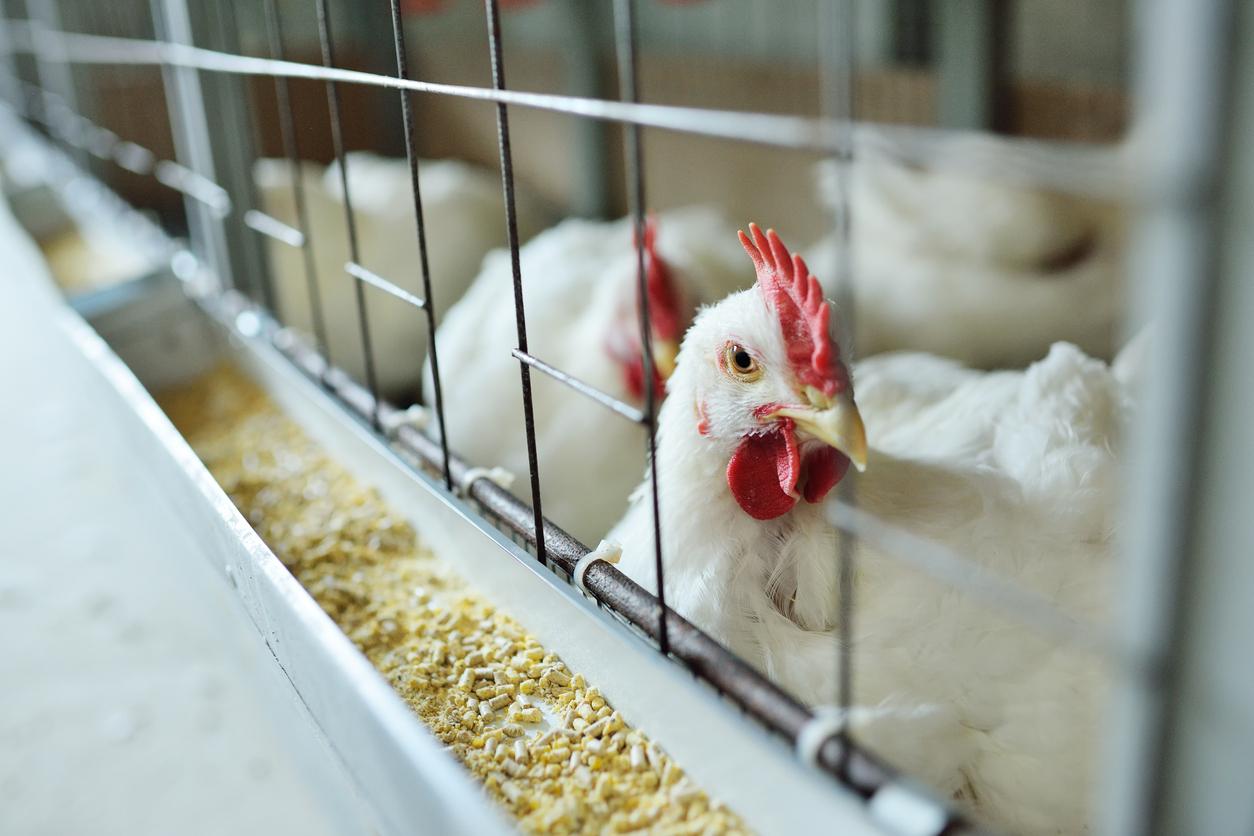It makes parents and children tremble. This is the IQ assessment test. We knew that he did not measure intelligence in an infallible way, but we have just learned that he could evolve with age … Everything does not play out before six years for this test of evaluation of the intelligence quotient, as we tended to think so. Up to the age of 20, it is still possible to improve one’s performance. In other words, after a poor first test, we can have a second chance. This is what has been shown by British researchers whose work has just been published in the very serious journal Nature. In fact, they found that during adolescence IQ can move significantly within a few years of each other. But, these variations are not always on the rise. In other words, you can also get much poorer performance as you grow older. And the differences between two tests can be very important. In some adolescents tested in this study, it’s a bit of a roller coaster. Four years apart, a teenager can gain… or lose 20 IQ points. This means that a pre-teen can be classified in the “genius” category and find himself a few years later, demoted to the rank of person slightly above the average …
But, the reverse is also possible. And the authors of this research specify that these variations are not due to the fact of being in shape or not at the time of the test. Indeed, these differences were visible at the level of the brain. Indeed, by examining the brain using imaging techniques, they realized that when IQ changes, certain regions of the brain are modified. For example, the areas corresponding to reading had increased in some young people. Which is proof of what scientists call, brain plasticity. That is, if we stimulate our intelligence, we create new connections between neurons and IQ climbs. The brain is therefore a muscle like any other. It takes training to make him a champion.
.

















